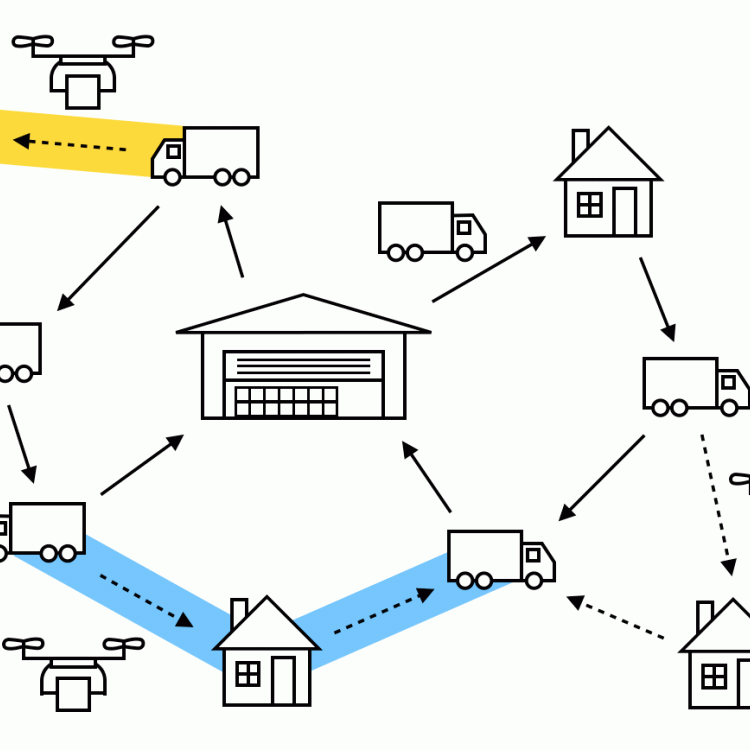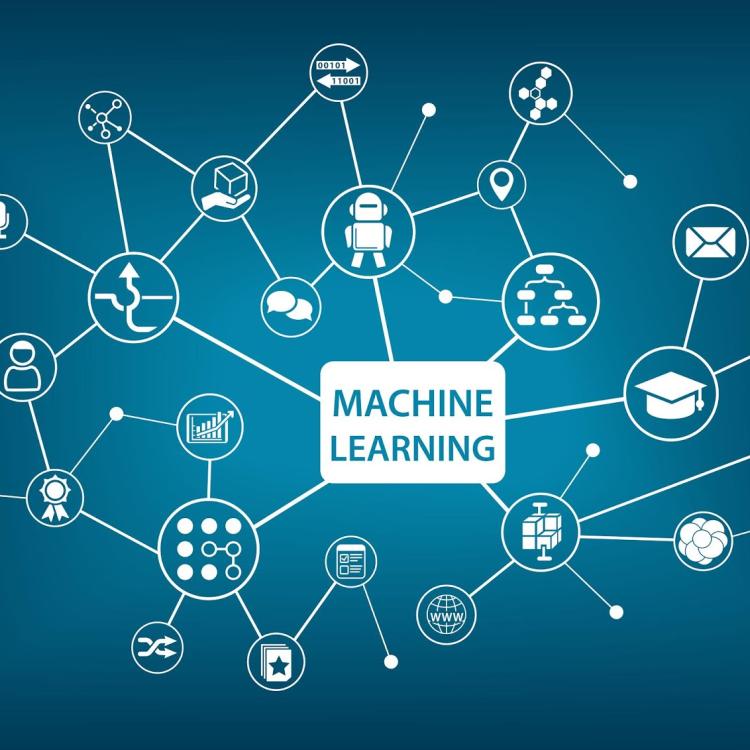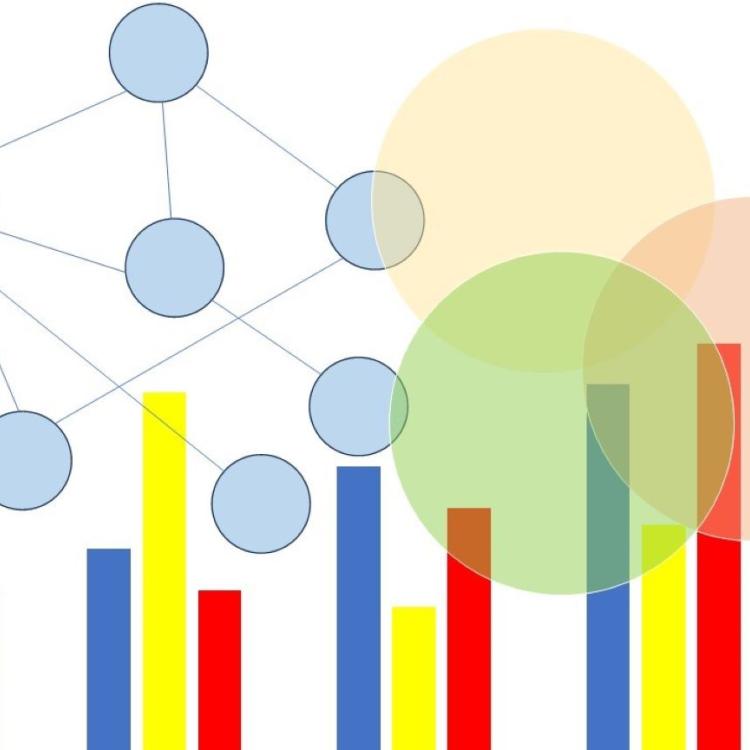Transport and logistics businesses today use a large fleet of trucks and vans to deliver packages widely across a city. Deciding which package should be loaded on to which vehicle and deciding which package should be prioritised are surprisingly difficult computational tasks. State-of-the-art high-performance algorithms are used to calculate routes for the vehicles in order to minimise costs and maximise efficiency.
Research projects in Information Technology
Displaying 81 - 90 of 197 projects.
Recordkeeping for Empowerment of Marginalised Communities in Australia
This PhD project will explore how individuals in a marginalised community in Australia access, create, and manage information and their preferences for oral, written or digital tools to preserve information for the medium to long-term. The emphasis of the project will be to support and strengthen community-based initiatives and to investigate the factors that influence the choice of tools by different groups and the longevity and sustainability of recordkeeping practices.
LLM models for learning and retrieving software knowledge
The primary objective of this project is to enhance Large Language Models (LLMs) by incorporating software knowledge documentation. Our approach involves utilizing existing LLMs and refining them using data extracted from software repositories. This fine-tuning process aims to enable the models to provide answers to queries related to software development tasks.
Information Visualisation: the design space of experimental methodologies
Empirical studies in Information Visualisation research have become more commonplace in the past two to three decades. While formerly the research focus was primarily on utilising the power of novel technologies for presenting data and information in innovative ways, perspectives have changed over time so that evaluating the worth of visualisations (for user, for task, for context) is now considered a crucial stage of the research process.
[Malaysia] AI meets Cybersecurity
AI is now trending, and impacting diverse application domains beyond IT, from education (chatGPT) to natural sciences (protein analysis) to social media.
This PhD research focuses on the fusing AI research and cybersecurity research, notably one current direction is on advancing the latest generative AI models for cybersecurity, or vice versa: using cybersecurity to attack AI.
The student is free to discuss with the supervisor on which topic is of the most interest to him/her, in order to shape the PhD topic.
[Malaysia] - Integration of heterogeneous biomedical data for robust and interpretable prediction
Many machine learning (ML) approaches have been applied to biomedical data but without substantial applications due to the poor interpretability of models. Although ML approaches have shown promising results in building prediction models, they are typically data-centric, lack context, and work best for specific feature types. Interpretability is the ability of an ML model to identify the causal relationships among variables. It is crucial for uncovering new insights, justifying a model performance and ultimately building trust in users for further applications.
Creating a turnkey solution to classify, predict and simulate behaviour from videos of rodents
Rodent behavioural testing is the study of the neural mechanisms underlying emotions [1]. It is used in the study of almost all mental conditions, including PTSD [2], OCD [3] and autism [4]. For example, to measure anxiety, researchers may place a rodent in a large tub, record a top-down video and measure the time spent near the safety of walls [2]. These videos also contain rich information about behavioural patterns, but scoring this manually is time consuming.
Combating antimicrobial resistance through use of artificial intelligence and genomics
Antimicrobial resistance (AMR) is one of the most significant and immediate threats to health in Australia and globally. We are working on harnessing new technologies such as artificial intelligence and next-generation sequencing and to improve the diagnosis, treatment and prevention of AMR infections.
The specific aims of this project are:
1. Rapidly identify AMR and predict treatment responses through use of genomics and machine learning in a clinical context.
Active Learning for Language and Multimodal Applications
This PhD project aims to mitigate the data scarcity of new NLP and Multimodal applications by developing novel active learning algorithms. In this project, the student will leverage large foundation models, such as ChatGPT and GPT4, incorporating the cutting-edge techniques in the other areas, such as reinforcement learning, causality and GFlowNets, to devise novel active learning algorithms for NLP and multimodal applications.
Event Extraction and Neuro-Symbolic Reasoning for Law Enforcement and Legal Applications
In recent years, social media have become a common plattforms for criminals to stalk, intimidate, manipulate and abuse vulnerable citizens, such as women and youth. A recent survey of students in grades 6 to 9 found that the rates of electronic bullying for girls were between 16% and 19%, whereas the rates for boys were between 11% and 19%. 33.47% of sexually abused girls reported experiencing cyberbullying compared to 17.75% of nonsexually abused girls.




